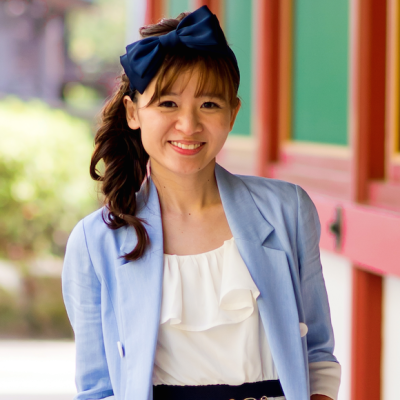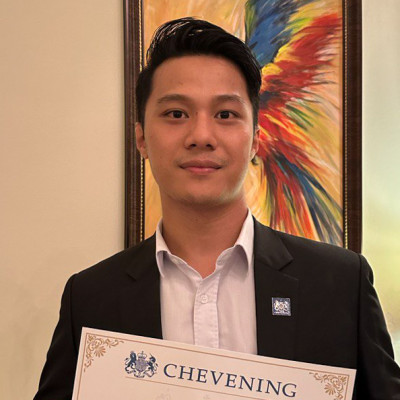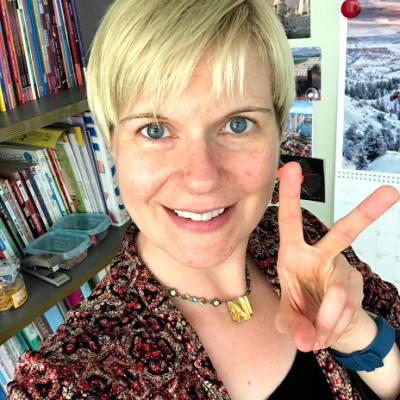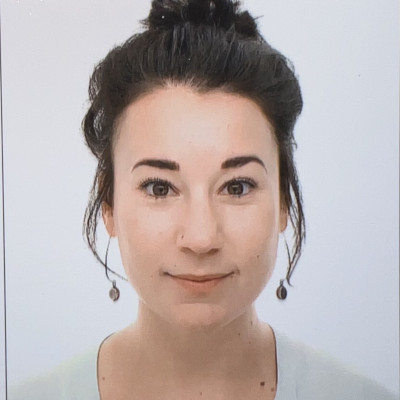Sessions / Location Name: P104
Physical Location
Location: P104
Building: Prime < Sookmyung Women's University, Seoul
Cross-Cultural Awareness at Home: Activities for the Language Classroom #3571
The ability to interact across cultures is valued by modern education systems and employers. Intercultural competence necessitates acquiring knowledge about both unfamiliar cultures and values, and one’s own. It implies an attitude of openness to difference, and the ability to recognize stereotypes.
As language is inseparable from culture, teachers have both a responsibility and an opportunity to train students’ intercultural competence. However, COVID-19 and its aftershocks continue to disrupt our ability to travel and experience genuine interaction across cultures. Further, many argue that the representation of culture in ELT textbooks and classrooms is inadequate.
This workshop will introduce frameworks and activities that teachers can use to sensitize students to cultural difference, help students to understand their own values, and connect those values to cultural behavior. It will also suggest ways in which online tools can be used to encourage collaboration beyond the classroom.
Developing Teacher-Student Collaboration across subjects in English in the classroom #3639
Many students are not motivated to learn English because they do not see its value nor relevance to their lives or future endeavors. Although they have strong grammar or vocabulary competence, they barely practice their English. In Asia, the challenge is building a teacher-student relationship so that students can relate to other subjects they have learnt and apply it to communicate with people from around the world in English. How can educators develop a conducive environment to help students socialize in English outside the classroom? In this interactive workshop, the participants explore practical lesson ideas that can stimulate self-reflection on teaching practices through creative and critical thinking.
Advancing Tech Access: Demystifying Technology Jargon Through Explicit, Interactive Activities #3581
Propelled by the COVID-19 pandemic, learning technologies have played a central role in facilitating educational experiences for students of all ages. Effective use of technology, however, requires functional understanding of the entailed lexicon, posing significant challenges to multilingual learners, especially to students studying abroad in higher education settings. Because technology vocabulary varies internationally and locally with university-specific technology jargon, terms can be easily conflated and confused. While the importance of academic vocabulary development in English for academic purposes (EAP) settings is widely established in the literature (e.g., University Word List, Xue & Nation, 1984; New Academic Word List, Coxhead, 2000), the explicit teaching of vocabulary associated with technology to support multilingual students’ academic success has been overlooked. This interactive workshop presents creative ways English instructors can identify, teach, and reinforce technology vocabulary to ensure equitable access and student success appropriate for their teaching context.
Using Google Classroom to tackle students’ problems with writing skills in EFL classroom #3604
Partner Session (CamTESOL)
Teaching writing has been an issue in EFL classroom as teachers need to spend time providing feedback on students’ work. Also, it lacks interaction between students and students. The advancement of technology, nonetheless, has brought about new approaches in teaching writing. It particularly makes learning outside the classroom not just achievable, but also interactive and fun. This study explores how Google Classroom can be used as an online learning platform to tackle students’ problems with writing skills. There are three significant stages in this study including the first observing stage which students are encouraged to participate in online discussions without worrying of writing and grammatical errors. Stage two, feedback stage, involves the teacher providing feedback and correction on the work that the students produce in stage one. In the last stage, the students practice their writing through using the target language points learnt inside the class to communicate and discuss with their peers. The last part of the presentation will discuss practical tips and activities in Google Classroom which teachers can implement in their own class to boost students’ writing.
ADOQ: A Practical Formulaic Sequencing Strategy for Improving Oral Fluency #3478
Formulaic sequences (Pangket, 2019) are practical word combinations and patterns. These word sequences can be used in diverse ways that encourage natural and extemporaneous speaking. ADOQ is a formulaic sequence (FS) that respectively refers to answer, detail, opinion, and question. This sequence works to facilitate the simultaneous processes of quickly accessing knowledge while logically activating oral production. Therefore, FS encourages longer speaking durations while reducing the length and frequency of pauses and recollection silences (Pangket, 2019). As learners become more proficient with a sequence, the sequence components can then become modular to align with higher complex speaking skills and collaborative tasks. In this immersive 50 minute workshop, the formulaic sequence “ADOQ” will be explicitly modeled with modulated scaffolding for implementation in various speaking contexts. This interactive workshop includes group discussions, practice, and reflection. Audience members can immediately implement ADOQ into their curriculum and course content with minimal prep time thereafter.
Chat GPT in TESOL: Friend or Foe? #3406
The use of language model technology, such as Chat GPT, in TESOL education has the potential to revolutionize the way we approach language learning and writing instruction. In this presentation, we will explore the various ways in which Chat GPT can be incorporated into TESOL classrooms to enhance student engagement, improve writing skills, and facilitate the exploration of complex texts and ideas.
First, we will discuss the basics of Chat GPT and how it works, including its ability to generate human-like text and converse with users. Next, we will examine the various pedagogical applications of Chat GPT, including its use in writing exercises, text-based discussions, and language learning activities. We will also discuss the potential benefits of using Chat GPT in the TESOL classroom, including its ability to adapt to the needs and abilities of individual learners and its potential to support personalized learning.
Finally, we will share practical tips and strategies for integrating Chat GPT into TESOL lesson plans and activities, as well as suggestions for managing and evaluating its use in the classroom. Through a combination of research, case studies, and hands-on demonstrations, this presentation will provide TESOL educators with a comprehensive overview of the benefits and best practices for using Chat GPT in language learning and writing instruction.
By attending this presentation, TESOL educators will gain a deeper understanding of the role of Chat GPT in language learning and writing instruction, as well as the tools and strategies needed to effectively integrate this technology into their own classrooms.
Collaborating on Cross-Cultural Connections: Promise, Pitfalls, and Cosmopolitan Potential #3353
Featured Session
In an increasingly interconnected world seemingly rife with xenophobia, prejudice, and division, there is a clear need to cultivate compassionate, reflective, open-minded orientations in students. One way to do so might be via cross-cultural connections – to facilitate interaction between our students and diverse others so everyone involved can encounter a variety of perspectives and uncover “new vistas for investigation and self-discovery” (Campano, 2007, p. 19), opening up new horizons, new possibilities, and the kind of “embodied cosmopolitanism” brought about by “wonder, triggered by substantive encounters with the new” (Hansen, 2014, p. 9).
It can thus be quite beneficial for educators to team up global peers to create a cosmopolitan “third space” (Gutiérrez, 2008) where their students can interact with each other. Indeed, this kind of collaboration between classrooms can be a powerful and motivating approach to education – but it comes with potential pitfalls, as well. Having collaborated with educators around the world on online intercultural exchanges, I’ll offer in this presentation a dissection of my own experiences: the highlights, joys, and benefits, as well as the problems, drawbacks, and disappointments. The presentation will conclude with advice and suggestions for collaborating with international colleagues on online intercultural exchanges, with the ultimate aim of crafting an enjoyable, positive, uplifting experience for everyone.
Using Blended Learning to Create Student-Led Conversation Courses #3518
English learners in L1 environments often lack opportunities to practice their speaking skills, therefore every second in the conversation-based classroom is a precious moment for them. To increase engagement and maximize student speaking time, we have incorporated blended learning into our curriculum to create a student-led classroom. Outside the classroom or on specially designated days, students learn self-study techniques to practice a wide variety of speaking skills such as fluency, intonation or asking follow-up questions. This allows students to spend the majority of their time in class divided into small groups discussing topics ranging from everyday English to controversial current events, with specific topics chosen by students based on their personal interests. This design has led to increased participation as students take charge of their own learning in the classroom, while targeted goal setting and independent skill building activities keep students motivated as the progress from struggling through small talk to being able to confidently and competently discuss controversial issues. In this workshop, we will teach effective strategies and adaptable activities that can give your students more speaking opportunities and increase engagement in the classroom.









